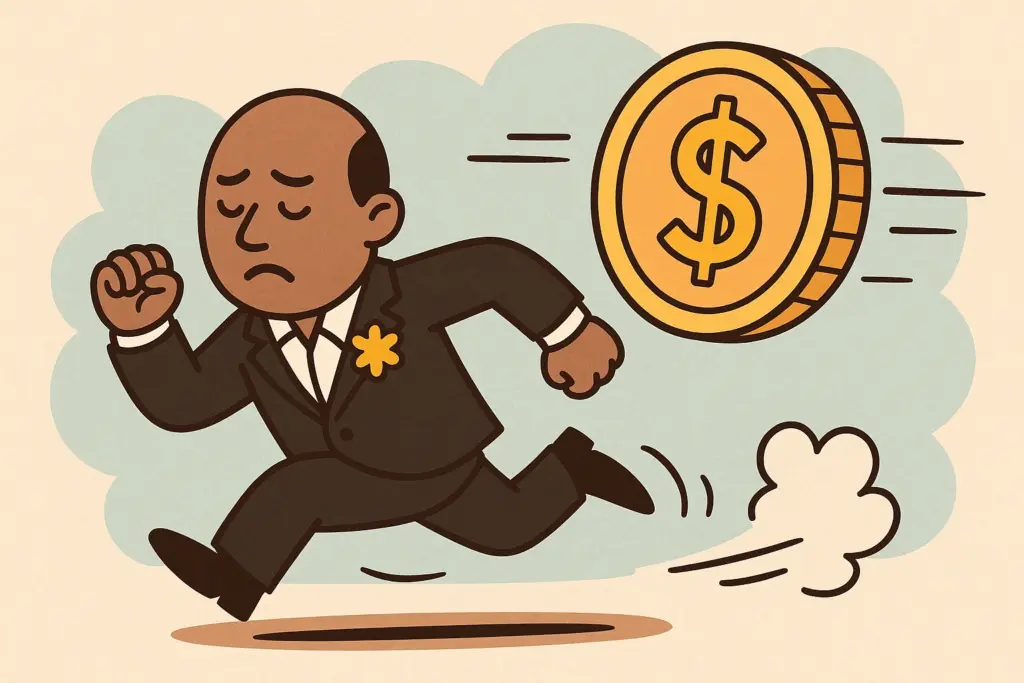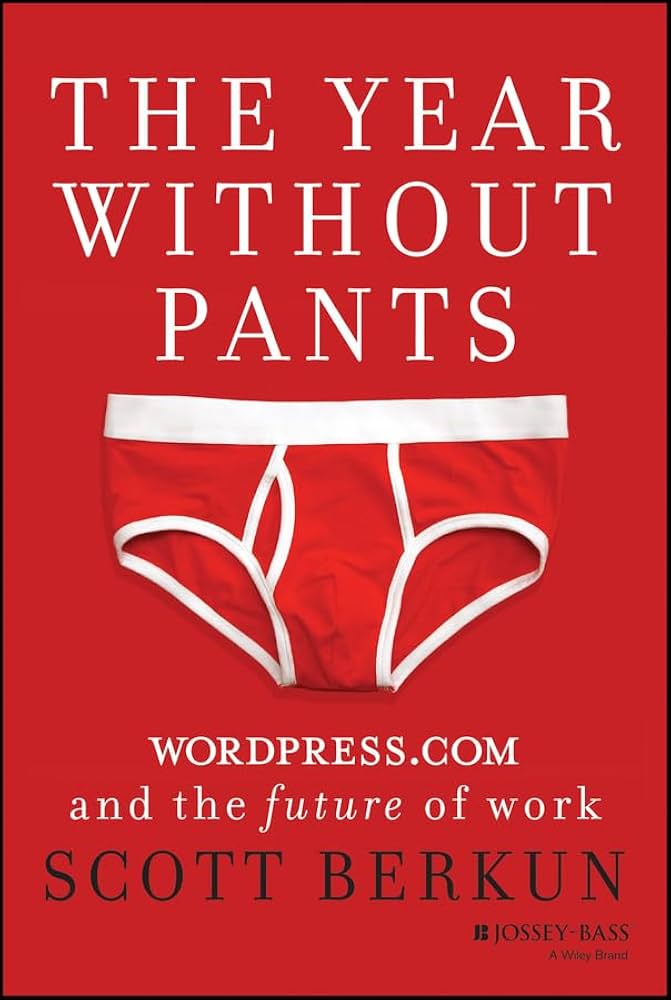How the strategic principles of a reality TV show mirror successful business practices The reality TV show Survivor is often described as a social experiment in strategy and human behavior. Stranded contestants must "outwit, outplay, outlast" each other for 39 days to win – a process that mirrors challenges in the business world. In both arenas, individuals navigate limited resources, intense competition, and the need to adapt under pressure. Many strategic principles that lead to...
Category: Business
The Best Ideas Die in the Shower
On this episode of 'Masters of Scale,' Linda Rottenberg talks about how the best ideas originate in the shower, but too often they never escape the bathroom.
Outrunning Money
"Honey, you have to stop chasing money because money runs really fast. You should go do the right thing. It will chase you." — Advice from Tariq Farid's mother to the Edible Arrangements CEO In this NPR interview, Tariq Farid shares the story of how he transformed a small flower shop into the global phenomenon that is Edible Arrangements. At the heart of his success lies this simple wisdom from his mother—a reminder that authentic...
TOMS: Blake Mycoskie
How a Trip to Argentina Sparked a Business Revolution The story of Blake Mycoskie and the "One for One" model that changed social entrepreneurship Blake Mycoskie had already founded and sold four successful businesses before his 30th birthday—a remarkable achievement by any standard. But it was a chance trip to Argentina in 2006 that would transform his approach to business forever. While traveling through rural communities, Mycoskie witnessed children without shoes facing not just discomfort,...
Dummy-Proofing
" People tend to think that they need a process for everything, and once in a while you hear 'We're going to dummy-proof it.' But if you dummy-proof the process, you only get dummies to work there. That's why we're so opposed to that and focused on giving people great freedom. They'll make mistakes, of course, but you'll get a lot of great ideas. Reed Hastings Co-founder and former CEO, Netflix The Netflix Culture of...
Company Culture
Key Insights from "The Year Without Pants" Leadership Lessons from WordPress.com and the Future of Work In "The Year Without Pants," Scott Berkun shares his experience working as a team leader at Automattic, the company behind WordPress.com. The book offers a fascinating glimpse into the culture and practices of one of the world's most successful fully remote companies. I've collected some of the most impactful passages that resonated with me about company culture, leadership, and...





